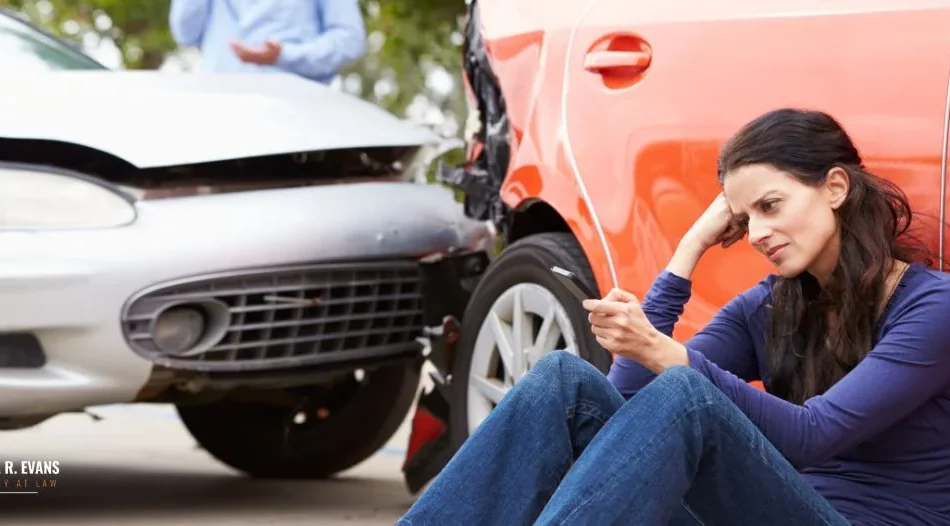have questions?
get a free case review
” * ” indicates required fields
"*" indicates required fields

If you are hurt in a vehicle accident, the first steps you take in the aftermath can significantly impact your recovery. Knowing what to do after a car accident in Illinois is crucial if you want to maximize the compensation you obtain from an auto insurance claim, a personal injury, or both if another driver is responsible for causing the accident. Acting as quickly as possible significantly improves your chances of reaching a positive outcome in your case.
It can be difficult to determine what to do after a car accident, especially if you are severely injured. If so, remain where you are until first responders arrive. Do not attempt to move if you are badly hurt, as this could make your injuries worse. Once you receive medical care and recover enough to contact an attorney, you should do so at your first opportunity.
If you are able to move around safely after an accident, keeping a few tips in mind may help you succeed with your recovery efforts after the incident and may even lead to a more substantial recovery than you might initially expect:
The aftermath of any car accident can be frightening, uncertain, and stressful, but keeping these tips in mind can potentially aid in your recovery. When it comes to what to do after a car accident, securing legal representation as swiftly as possible is likely to be the most important step you take toward ensuring a positive outcome to the recovery efforts you pursue.
A: Yes, you have to call the police to report a car accident in Illinois if the accident resulted in any significant property damage, injury, or death. If a minor fender-bender occurs, it only results in minimal cosmetic damage to a vehicle, so reporting the incident may not be technically required. However, if there is ever any room for doubt as to whether you need to report an accident, it is always safest to be cautious and report it.
A: If you believe another driver is at fault for your recent car accident, you must legally establish fault before you can claim compensation for your damages. An experienced car accident attorney can help their client gather various forms of evidence along with testimony from witnesses to help them establish liability for the accident. Once fault is proven, an injured driver can pursue compensation for their damages.
A: You may be able to claim various forms of compensation for a car accident in Illinois. If you are able to prove another driver is liable for causing your recent car accident, you have the right to seek recompense for all the damages they inflicted in the accident. These damages could include vehicle repair costs, medical expenses, lost wages, and compensation for the pain and suffering you experienced from the accident.
A: If you are partially at fault for an accident in Illinois, you will lose a percentage of your case award to reflect your percentage of fault under the modified comparative fault rule. As long as your fault percentage is less than 50%, it will be subtracted from your case award, and you keep the rest. If your fault is 50% or more, you cannot claim compensation from any other liable party and will be personally responsible for your own damages.
A: You need to hire a lawyer for a car accident because you are substantially more likely to succeed with your recovery efforts when you have an attorney with experience representing you. They can not only ensure your insurance claim is handled in good faith and that you receive a fair settlement offer, but they can also assist you in maximizing the compensation you obtain from a successful personal injury suit against the at-fault driver.
Joshua R. Evans, Attorney at Law, has the skills and experience necessary to resolve the most challenging car accident cases. If you are wondering what to do after a car accident in Illinois, it is vital to reach out to an attorney with experience as quickly as possible so they can begin working on your case. Contact us today to schedule a free consultation with our team and learn more about the legal services we provide that may help with your recovery.
” * ” indicates required fields
"*" indicates required fields